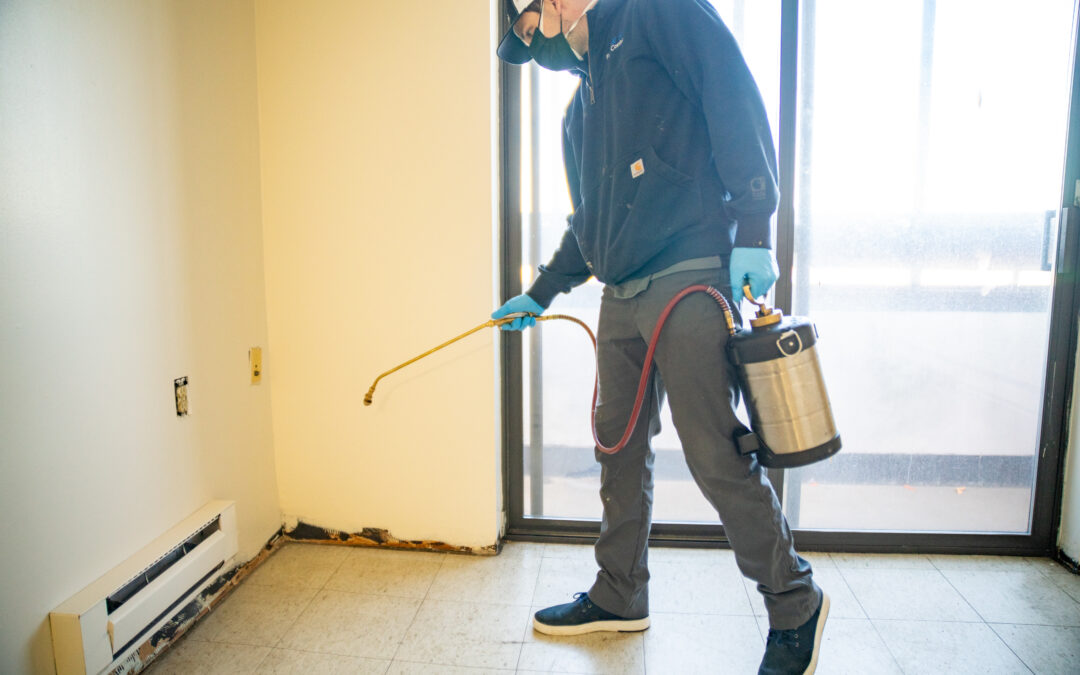The best medicine is always prevention, and this applies to pest infestations as well. If you can prevent an infestation from happening in the first place, you can save a lot of money, and remove a lot of stress from your life. However, preventing a carpenter infestation is easier said than done. Let’s take a look at the methods that you can implement to lower the odds that a carpenter ant colony will be started in your home.
Food sources
Carpenter ants do not eat wood. They have a fairly normal ant diet that consists of protein and sugar. In nature, they will get their protein from insects or any dead animals that they can find, and their sugars will come from honeydew and pollen. Inside the home however, these two foods are plentiful, so the ants have a major incentive to set up near or inside our homes.
At first, scouts will look inside the home for food sources, and if they can find any, they will bring other workers to collect the food. If the food is plentiful, the carpenter ants may start a colony indoors, especially if other favorable conditions are present, so to prevent an infestation, you need to remove these ants’ access to food sources, by storing your food in sealed containers and ensuring that you do not leave any crumbs or spills lying around.
Shelter
Carpenter ants will also be looking for shelter, and they prefer wood that has been water-damaged, because this type of wood is softer. However, once the initial colony is set up in this soft wood, the ants will expand into harder, healthier wood as well.
The home is also at a higher risk of infestation if there are fire wood piles, wooden construction materials, or other wooden products outdoors, close to the home. These woods are often damaged by water, so they are attractive to the ants. Once the colonies inside these woods mature, the ants will start new colonies nearby, which could mean that they will expand into the home.
As such, in order to deny the ants shelter, you need to make sure that all outdoor wood is at least 20 yards from the home and that there are no moisture issues indoors.
If the prevention methods fail, and you have an infestation in the home, you will need the help of a pro to get rid of it. Contact us today if you have a carpenter ant infestation and we will help you remove it.

